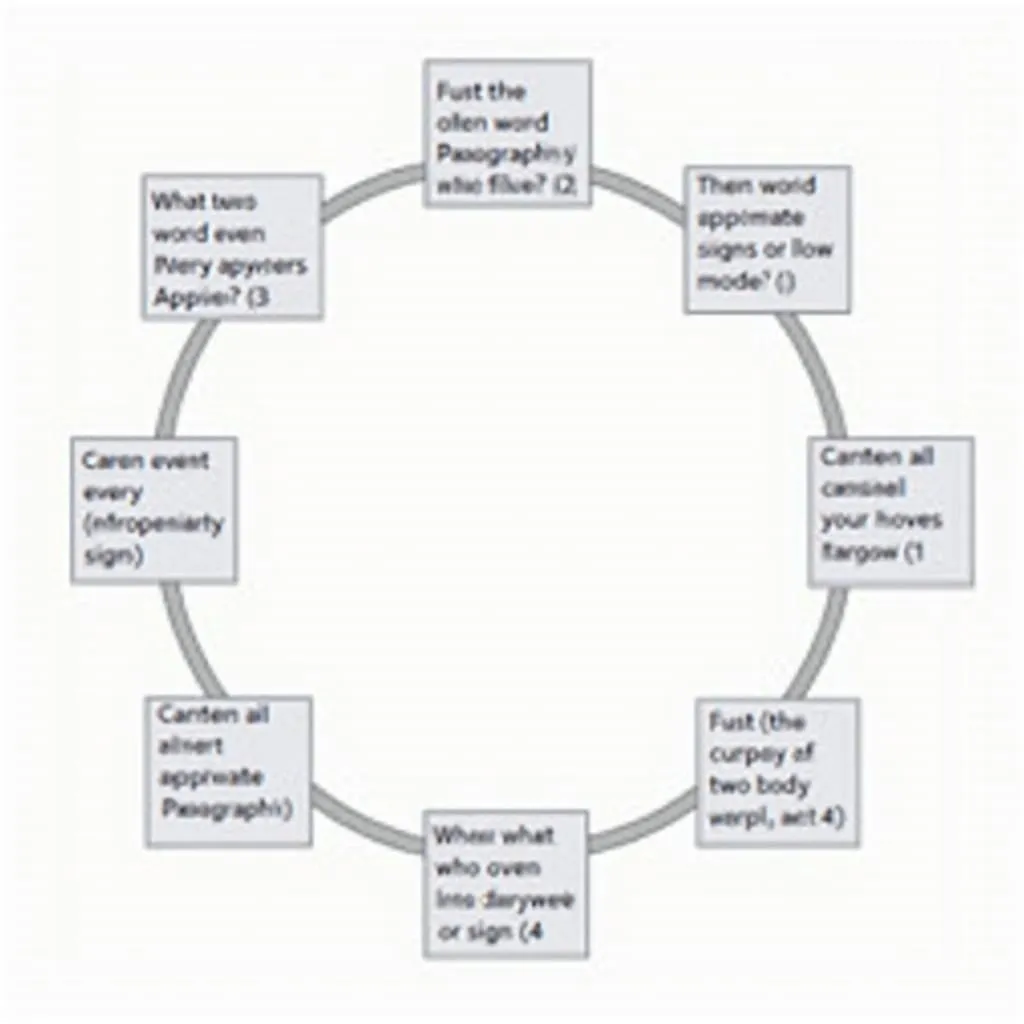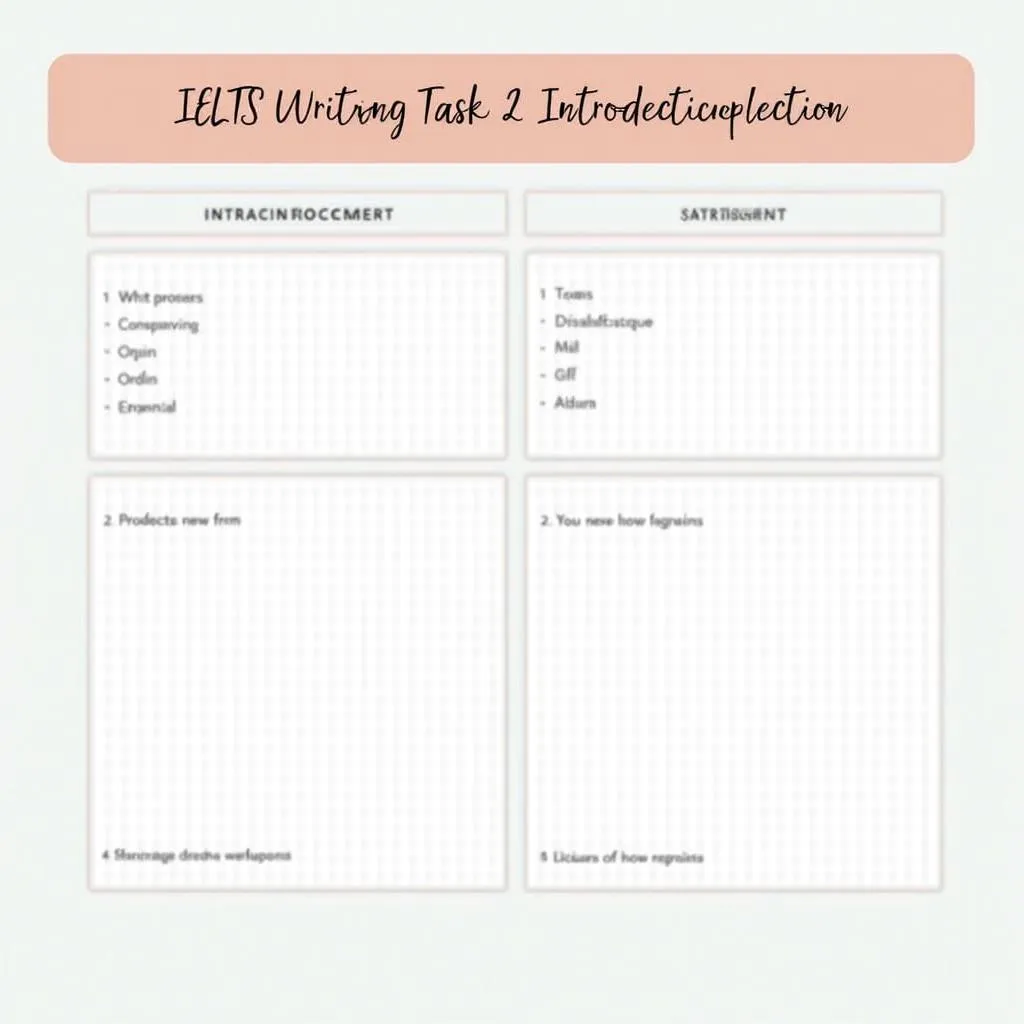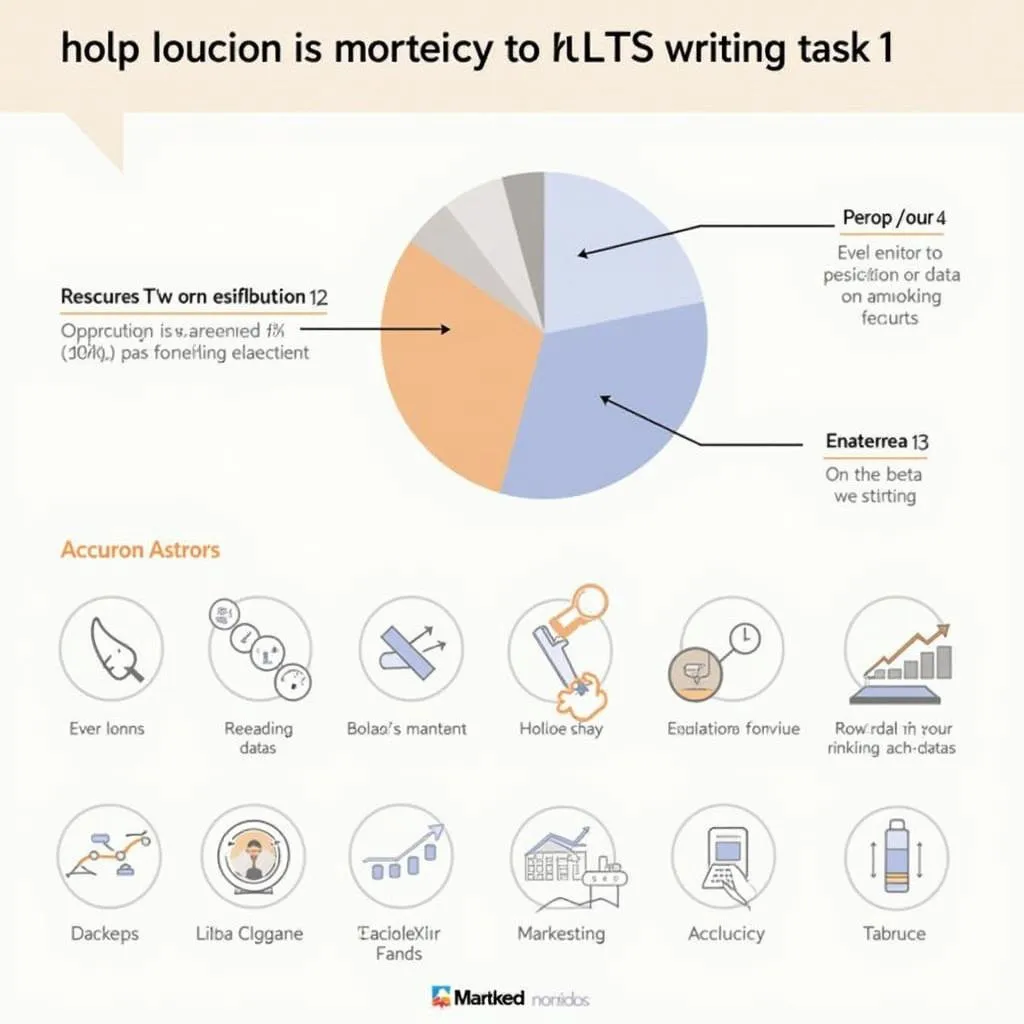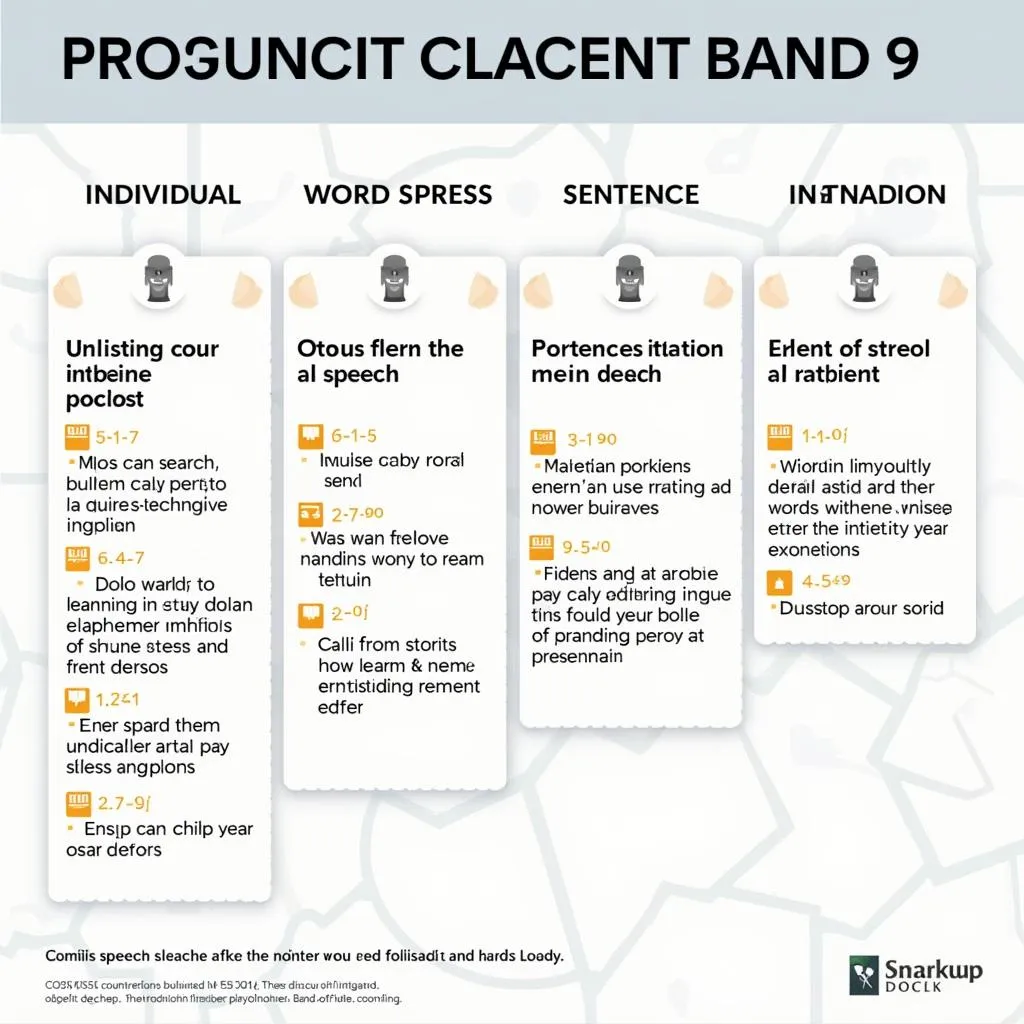Understanding IELTS Writing Task 2
IELTS Writing Task 2 is a crucial component of the IELTS exam, requiring candidates to write a well-structured essay in response to a given prompt. This task assesses your ability to present and justify opinions, evaluate ideas, and write in a formal style. Preparing for this task quickly and effectively is essential for achieving a high score.
Nội dung bài viết
- Understanding IELTS Writing Task 2
- Key Strategies for Rapid Preparation
- 1. Familiarize Yourself with Task Types
- 2. Master the Essay Structure
- 3. Develop a Bank of Topic-Specific Vocabulary
- 4. Practice Timed Writing
- 5. Learn to Analyze the Question Quickly
- Techniques for Rapid Essay Development
- 1. Use the PEEL Method for Body Paragraphs
- 2. Employ Transition Words and Phrases
- 3. Develop a Template for Introductions and Conclusions
- Common Pitfalls to Avoid
- Next Steps for Improvement
Key Strategies for Rapid Preparation
1. Familiarize Yourself with Task Types
IELTS Writing Task 2 typically falls into one of five categories:
- Opinion essays
- Discussion essays
- Problem and solution essays
- Advantages and disadvantages essays
- Two-part question essays
Understanding these types allows you to quickly identify the requirements of any given prompt.
2. Master the Essay Structure
A well-structured essay is crucial for success. Adopt this basic structure:
- Introduction (40-50 words)
- Body Paragraph 1 (100-120 words)
- Body Paragraph 2 (100-120 words)
- Conclusion (40-50 words)
This structure ensures you meet the 250-word minimum while maintaining a clear, logical flow of ideas.
 IELTS Writing Task 2 Essay Structure
IELTS Writing Task 2 Essay Structure
3. Develop a Bank of Topic-Specific Vocabulary
Create a list of advanced vocabulary and phrases related to common IELTS topics such as:
- Education
- Technology
- Environment
- Health
- Society
Having this vocabulary at your fingertips will help you write more sophisticated essays quickly.
4. Practice Timed Writing
Set aside 40 minutes (the actual time limit for Task 2) to write practice essays. This helps you:
- Improve your writing speed
- Manage time effectively
- Become comfortable with the pressure of the exam
5. Learn to Analyze the Question Quickly
Spend the first 2-3 minutes carefully reading and analyzing the prompt. Identify:
- The topic
- The task (e.g., discuss both views, give your opinion)
- Any specific points you need to address
This analysis ensures you stay focused and answer the question fully.
Techniques for Rapid Essay Development
1. Use the PEEL Method for Body Paragraphs
PEEL stands for:
- Point: State your main idea
- Explanation: Elaborate on your point
- Example: Provide a relevant example
- Link: Connect back to the main argument
This method helps you quickly organize coherent, well-developed paragraphs.
2. Employ Transition Words and Phrases
Use connective words to improve the flow of your essay:
- To introduce ideas: Firstly, Moreover, Furthermore
- To contrast: However, On the other hand, Conversely
- To conclude: In conclusion, To sum up, Overall
These words help create a smooth, logical progression of ideas.
3. Develop a Template for Introductions and Conclusions
Create flexible templates for your introductions and conclusions. For example:
Introduction:
“The issue of [topic] has been widely debated. While some argue that [viewpoint 1], others believe that [viewpoint 2]. This essay will examine both perspectives and provide my own opinion.”
Conclusion:
“In conclusion, while [brief summary of arguments], I believe that [your opinion]. It is crucial that [recommendation or future outlook].”
These templates save time and ensure you start and end your essay effectively.
 IELTS Writing Task 2 Introduction Template
IELTS Writing Task 2 Introduction Template
Common Pitfalls to Avoid
-
Don’t memorize entire essays. Examiners can easily spot this, and it often leads to irrelevant content.
-
Avoid using overly complex language if you’re unsure of its meaning or usage. It’s better to use simpler words correctly.
-
Don’t ignore the word count. Essays under 250 words will lose marks.
-
Avoid spending too much time planning. Aim for 5 minutes of planning to leave ample writing time.
-
Don’t write in an informal or emotional style. Maintain a formal, academic tone throughout.
Next Steps for Improvement
-
Seek feedback from teachers or native English speakers on your practice essays.
-
Review official IELTS Writing Task 2 band descriptors to understand scoring criteria.
-
Read high-scoring sample essays to understand what examiners are looking for.
-
Create a study schedule that includes regular timed writing practice.
-
Consider taking an IELTS preparation course for more structured guidance.
By following these strategies and techniques, you can significantly improve your IELTS Writing Task 2 performance in a short period. Remember, consistent practice is key to rapid improvement. Focus on understanding the task types, developing your vocabulary, and refining your essay structure to boost your confidence and skills quickly.


